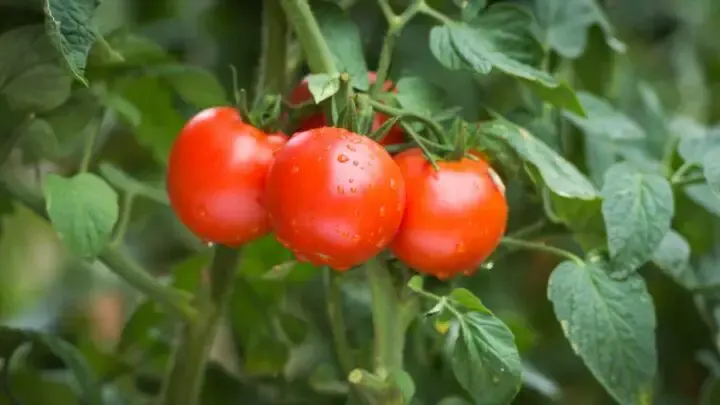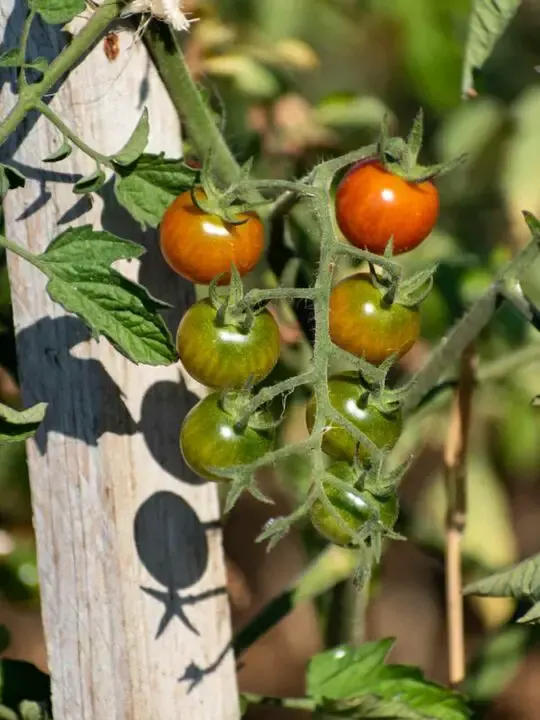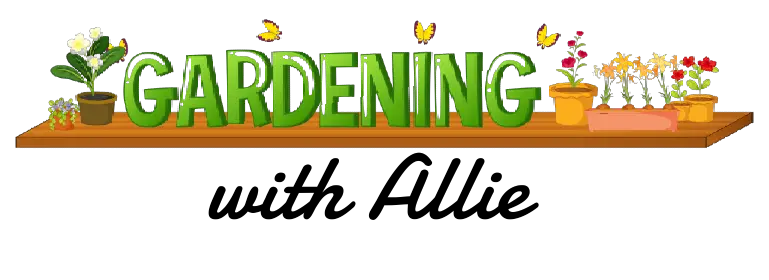Bolting garden plants can be the stuff of nightmares for avid gardeners, especially vegetable gardeners. Tomatoes can bolt, but fortunately, it’s relatively rare and not something most gardeners have to worry about.
There’s no real benefit to bolting for tomato plants, but some varieties are more likely to bolt than others.

What is bolting?
Bolting is when a plant switches from producing leaves and stems to produce flowers and fruit almost entirely, which can mean stunted and tasteless fruits and vegetables for gardeners.
Depending on the plant you’re talking about, there can be different reasons for bolting, but they are almost always environmental, like a pest messing with the plant or a sudden heatwave that makes them change their growth patterns.
In tomatoes, a premature bolt that isn’t stopped in time might mean that the plant never reaches its full size and productivity or that it produces a lot of undersized and watery tomatoes that are only really good for canning or otherwise preserving.
Not the beautiful fresh tomatoes vegetable gardeners love to add to salads or even eat fresh from the vine.
Here’s what you need to know:
Things That Cause Tomatoes To Bolt
Tomato plants aren’t prone to bolting, which can lead a lot of gardeners to ignore the signs of a bolting plant in their gardens. You can do things to prevent bolting, but you need to know what’s happening before choosing the best strategy.
Almost all plants bolt because something tells them they might not have much longer to survive. Both heat and cold snaps can cause a bolt, as can certain pests and poor soil conditions, so you need to consider all three possible causes.
A heat-induced bolt could signify that your tomato plants need more water and good pruning, for instance.

Pests and diseases that cause a bolt should be taken seriously. Your plant is telling you it’s in trouble, so you should look for aggressive treatment options and offer the plant a little more water and fertilizer, along with pruning back the bolt.
Poor soil conditions can be hard to address in a lasting way, especially if you’re already fertilizing your tomatoes the way you should. Try giving your tomatoes some banana peel tea or weak-brewed coffee for an immediate cure. Both options provide a lot of critical nutrients in a highly accessible way and can help fill the gaps in your fertilizer and soil routine.
Long-term, you should take samples of your soil and have them tested, then ameliorate the soil based on the results.
Does Pruning Prevent Bolting?
In most plants, yes, good pruning practices can help prevent bolting. It depends on why the bolt started in the first place. Temperature-related bolts can be cured with pruning and prevented by pruning your tomatoes to a reasonable size and protecting them before weather changes.
However, when a tomato plant bolts, the best option is to trim the flowers before they’re pollinated and offer some nitrogen-rich fertilizer to help encourage leaf and stem growth for a little longer before the plant starts fruiting.

How Do I Stop My Tomato Plants Bolting?
There isn’t any one true method to stop your tomato plant from bolting. Some varieties, especially cherry and grape-sized tomatoes, are more prone to it than others.
However, you can reduce the chances of a bolt by paying close attention to your tomatoes and ameliorating the soil appropriately for the kind of growth you want.
Start tomatoes on a balanced or nitrogen-rich fertilizer when they are growing. Wait until they reach full height and size, then switch to a fertilizer emphasizing potassium and phosphorous. That will help cue your tomatoes when it’s time to fruit vs. when it’s time to grow healthy leaves.
Make sure you’re giving your tomato plants plenty of water as well. They may try to rush fruiting and bolt if they’re not getting enough water. Each plant needs 1 inch of water per week to be healthy, and some varieties might need a bit more.
Does Pruning Help With Bolting Tomato Plants?
First, pruning isn’t always the right response to a bolting tomato plant. Tomatoes are a viney plant, so some legginess is normal, and you don’t want to cut them short and risk having a small harvest. Some pruning can keep them in check/keep them from getting too tall, but you shouldn’t prune leggy sections until you’re sure they’re not going to develop further.
A lot of the time, when tomato plants get leggy, they need either more water or more sunlight. The sun issue is harder to fix, but seasonal changes may help if you have a leggy plant in late spring and early summer – midsummer is when your tomatoes will get the best sunlight anyway.
Try offering a little extra water and fertilizer to see if the plants fill out and stop being skinny. Otherwise, you may need to provide a grow light and some TLC to help your tomatoes reach a healthy size and shape. D

Dealing With Tall Tomatoes That May Experience Bolting
When tomato plants are tall and skinny, there’s usually one of two problems: they don’t have enough resources or are young.
That’s right; it’s pretty normal for young tomato plants to go through a tall and skinny or leggy phase while growing, particularly after they are transplanted outside.
Some light pruning can control your tomato plants’ size and height while growing, but you shouldn’t be too concerned about a tall and skinny plant until they get closer to maturity and fruiting season.
If your tomatoes are still tall and skinny when you’d normally expect them to be setting fruit or when you see the first flowers, that probably means they need more water, fertilizer, light, or all three.
Ensure you’re offering your tomatoes at least 1 inch of water per week, a high-quality fertilizer, and 8 hours of direct light. If your plants don’t have one of those things, start there.
It’s also important to watch for pests. Some insects and fungal issues, like whiteflies, can encourage your tomatoes to stay in the leaf and stem phase of growth longer than they should, kind of the opposite of bolting, which can prevent you from getting a good harvest from those tomatoes.

Hi there, my name is Allie and welcome to my blog; GareningWithAllie!
Much of what you see written here is just our personal experiences with gardening. Along with the content I write here, there is also a unique collection of gardening topics covered by some of our close friends. I hope you find everything you read here to be helpful, informative, and something that can make your gardening journey the most lovely experience ever! With that said, Happy Gardening!
